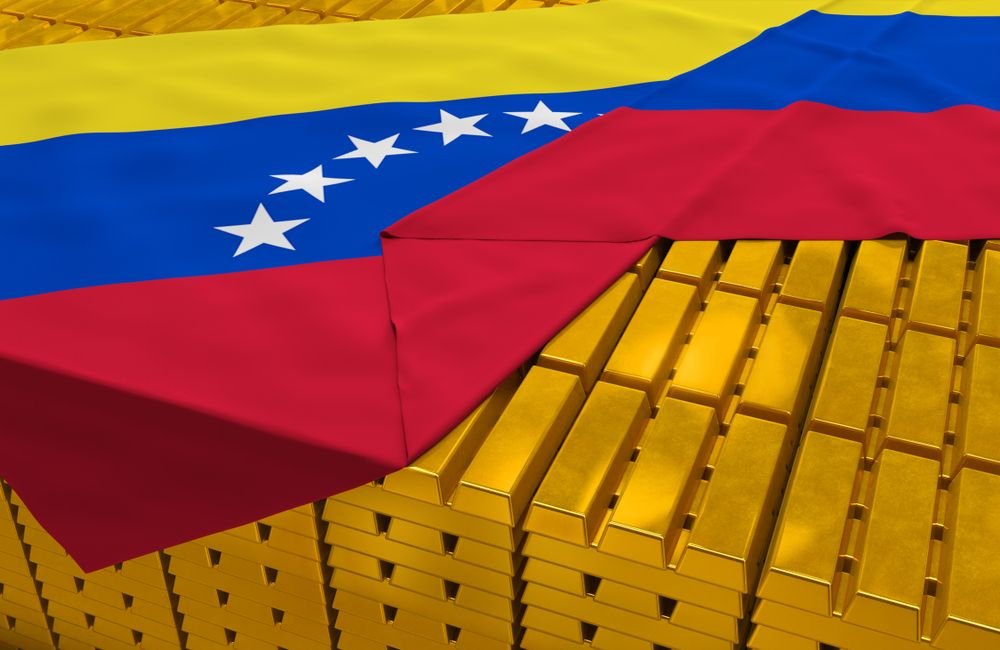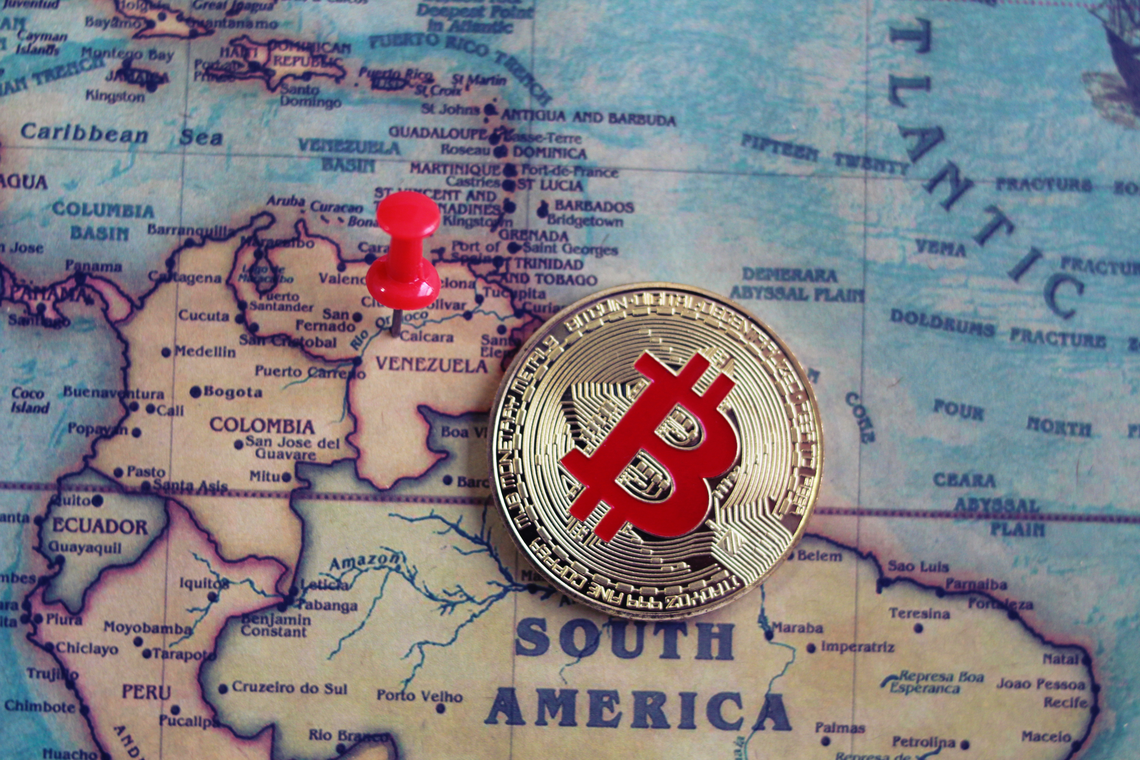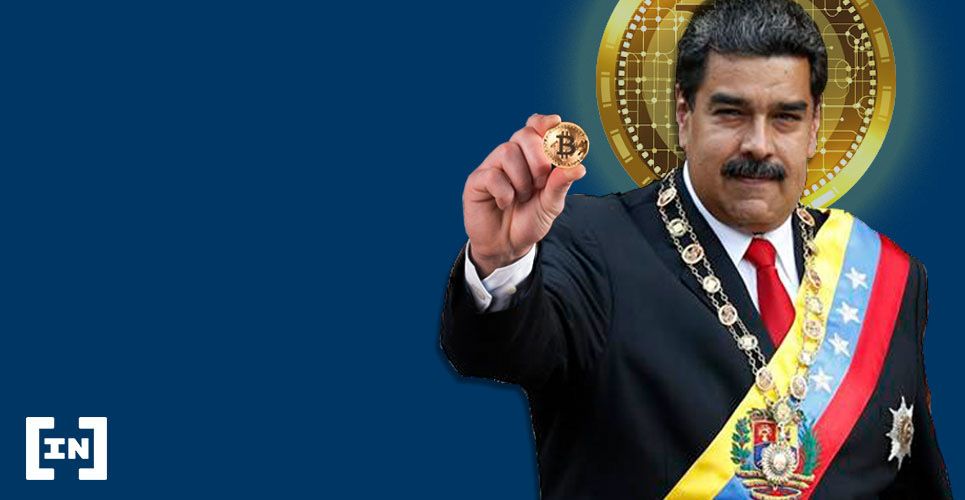
The Maduro Shuffle
A perfect storm of economic struggles has led to the current situation in Venezuela. Declining oil production and lower values have driven the GDP down. At the same time, international sanctions have closed normal trade opportunities. As the value of the Bolivar plummets, the inflationary pressure has led to desperation within government sectors. The crisis has left Maduro scrambling to obtain hard currency. The President’s need for cash has even created a scandal with the Bank of England, who is holding 31 tons of Venezuelan gold. Maduro’s government has been under fire since the US-backed Juan Guaido’s call for new votes was rejected. Legal international trade in Venezuelan gold has apparently come to a halt ever since. This most recent sale will likely be liquidated illegally. Legislator Angel Alvarado made it clear what the intention was, saying,“They plan to sell it abroad illegally.”This most recent event highlights the brazen carelessness of the Maduro regime. The officials added the almost comical statement that the bank’s leader, Calixto Ortega, was traveling. However, further research indicates that Vice President Sohail Hernandez was present for the actual event.

But Bitcoin?
Many in the social media world have pointed out that the autonomous depletion of the country’s resources would be impossible in the Bitcoin (BTC) system. By holding reserves in the digital currency, no singular party could abscond with the funds. Instead, multi-signature wallets would protect the funds from the dictator.Simply put, Bitcoin would have protected the assets of the people of Venezuela from Maduro’s tyranny. Even if the current regime is soon defunct, the implications of these thefts will be felt for years to come. By destroying the reserves of the central bank, Maduro has effectively cemented the devalued state of the Bolivar for the next generation. A move toward Bitcoin could be beneficial for some nations. Rumors of Russia even holding reserves in Bitcoin were widely spread recently. However, the reality of Bitcoin as a store-of-value asset is continuing to gain momentum. As this movement continues, the international financial community has begun to pay more careful attention. While the country of Venezuela is likely beyond the scope of being helped dramatically by Bitcoin, the situation may lead to change. Other countries could begin to stockpile the digital asset as a secondary form of reserve. Such a movement would undoubtedly drive prices and institutional adoption positively. Do you think Bitcoin will become a secondary reserve asset for governments or will gold hold the field? Let us know your thoughts in the comments below!Maduro is taking Venezuela's gold reserves & selling them off in a move deemed illegal by his own legislators.
— jill gunter ☕ (@jillrgunter) February 27, 2019
If those reserves were in bitcoin, a multisig arrangement would mean that a single despot could never embezzle from his own country.
Long bitcoin, short the dictators. https://t.co/24szGywsKE
Disclaimer
In adherence to the Trust Project guidelines, BeInCrypto is committed to unbiased, transparent reporting. This news article aims to provide accurate, timely information. However, readers are advised to verify facts independently and consult with a professional before making any decisions based on this content. Please note that our Terms and Conditions, Privacy Policy, and Disclaimers have been updated.


